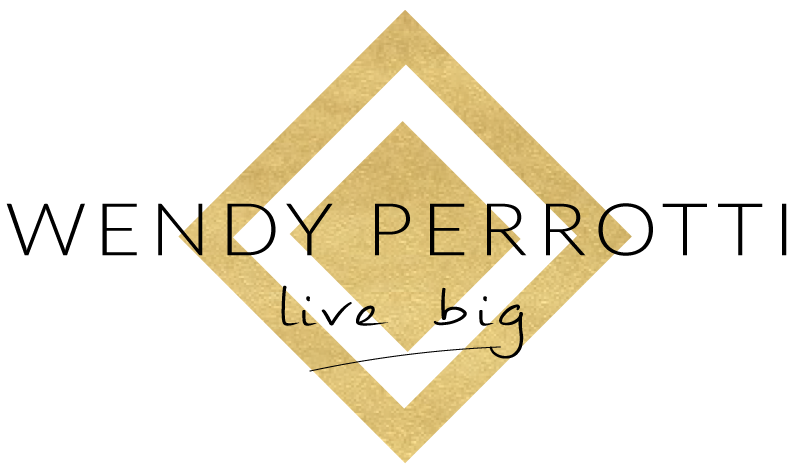Is Your Sense of Fairness Getting in Your Way?
I was scrolling through Facebook and I came across an image of a man wearing mismatched shoes and socks.
You may have seen it too.
Jim Thorpe won 2 gold medals in the 1912 Olympics wearing mismatched shoes. In fact, one of the shoes was so big on him that he had to wear multiple socks on that foot.
Here’s how the Smithsonian tells the story…
At the 1912 Stockholm Olympics, Thorpe made headlines by capturing gold medals in both the decathlon and the pentathlon.
Thorpe began the Olympics by crushing the field in the now-defunct pentathlon, which consisted of five events in a single day. He placed first in four of them, dusting his competition in the 1,500-meter run by almost five seconds.
A week later the three-day decathlon competition began in a pouring rain. Thorpe opened the event by splashing down the track in the 100-meter dash in 11.2 seconds—a time not equaled at the Olympics until 1948.
On the second day, Thorpe’s shoes were missing. Warner (his coach) hastily put together a mismatched pair in time for the high jump, which Thorpe won. Later that afternoon came one of his favorite events, the 110-meter hurdles. Thorpe blistered the track in 15.6 seconds, again quicker than Bob Mathias would run it in ’48.
On the final day of competition, Thorpe placed third and fourth in the events in which he was most inexperienced, the pole vault and javelin. Then came the very last event, the 1,500-meter run. The metric mile was a leg-burning monster that came after nine other events over two days. And he was still in mismatched shoes.
His is a powerful lesson of choice
Jim Thorpe wanted to win, and regardless of the circumstances, he kept his focus on the thing that mattered most to him.
He didn't have to. It would have made perfect sense if he had...
Focused on anger and blame over the theft of his shoes.
Refused to compete without proper equipment.
Felt victimized by the unfairness of the situation.
Justice and fairness are values that run deep in all of us.
Several times each day we are confronted with something we believe is wrong or unfair. It can show up as:
Believing that there is a right way and a wrong way to get things done.
A feeling that unfortunate events get in your way more often than they get in the way of others.
A circumstance that directly confronts your values of justice and fair play.
When these things happen, no matter how big or small they are, our instinct is to right the wrong. And there’s nothing wrong with doing that – in fact, it often serves us to make that choice.
The problem is that we're rarely choosing while looking at the whole picture. We get stuck in the "rightness" or "wrongness" of a single aspect of a situation and forget to ask ourselves what truly matters most to us.
